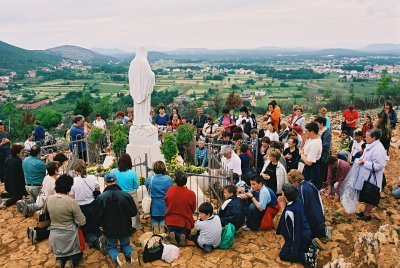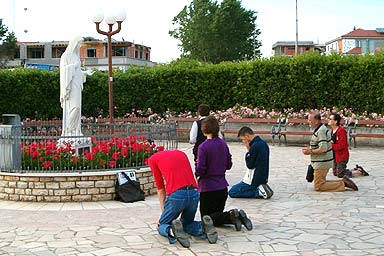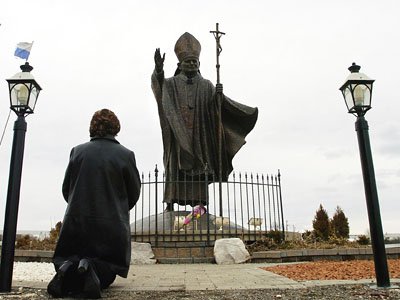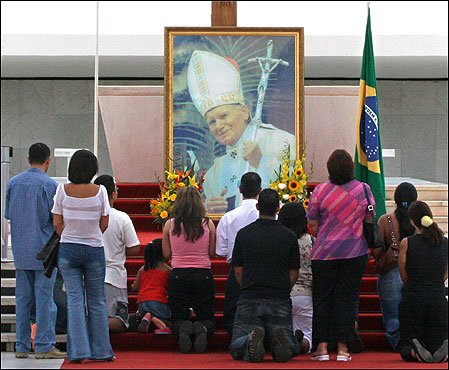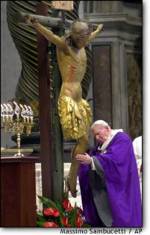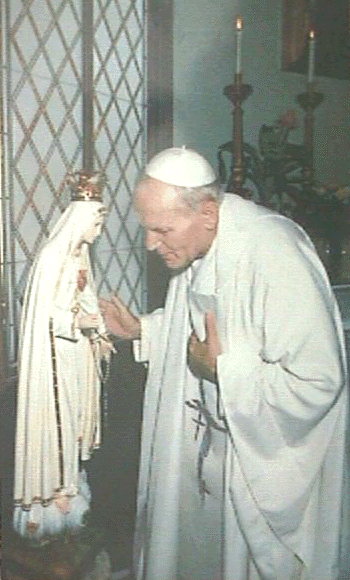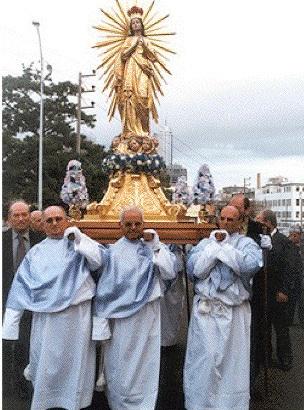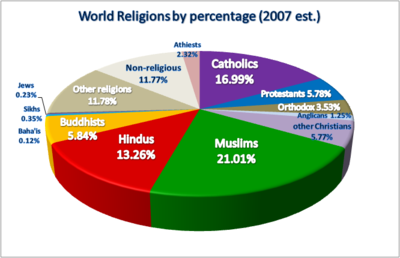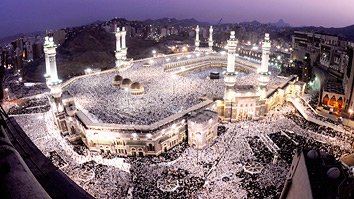i also found something else:
something similar the word Jerusalem is first found in the ancient egyptian texts at around 2000bc to refer to a city,
and then later the word Jerusalem is used after Moses and during Joshua's time to refer to Al-Quds.
so when the book of revelation speaks of a new Jerusalem - we do not know if it is referring to the meaning of the word - or the name later given to the land called Quds (Sacred) in Islam.
what we do know from the Bible (Isaiah 53) AND the Quran is that there is a covenant of peace made at the place where Hajar migrated to.
and here's what i found:
A city called
Rušalimum or
Urušalimum (Foundation of
Shalem)
appears in ancient
Egyptianrecords as the first two references to Jerusalem, in c. 2000 BCE and c. 1330 BCE respectively.
The form
Yerushalayim (Jerusalem) first appears in the Bible, in the book of Joshua.
This form has the appearance of a
portmanteau (blend) of
Yireh (an abiding place of the fear and the service of God)
and the original root
S-L-M and is not a simple phonetic evolution of the form in the
Amarna letters.
The meaning of the common root
S-L-M is unknown but is thought to refer to either "peace" (Salam or Shalom in modern Arabic and Hebrew)
or
Shalim, the god of dusk in the Canaanite religion.
Typically the ending
-im indicates the plural in Hebrew grammar and
-ayim the dual,
thus leading to the suggestion that the name refers to the fact that the city sits on two hills.
However the pronunciation of the last syllable as
-ayim appears to be a late development, which had not yet appeared at the time of the
Septuagint.
Islam is a verbal noun originating from the triliteral root S-L-M which forms a large class of words mostly relating to concepts of wholeness, peace, continence, completion and bonding/joining. In a religious context it means "to be at peace through voluntary submission to God".
Muslim, the word for an adherent of Islam, is the
active participle of the same verb of which
Islām is the
infinitive.
Believers demonstrate submission to God by serving God and following His commands, and rejecting
polytheism.
The word sometimes has distinct connotations in its various occurrences in the Qur'an. In some verses (
ayat), there is stress on the quality of Islam as an internal conviction: "Whomsoever God desires to guide, He expands his breast to Islam." Other verses connect
islām and
dīn (usually translated as "religion"):
"Today, I have perfected your religion (
dīn) for you; I have completed My blessing upon you; I have approved Islam for your religion."
And I saw no temple therein: for the Lord God Almighty and the Lamb are the temple of it.
And the city had no need of the sun, neither of the moon, to shine in it: for the glory of God did lighten it, and the Lamb
is the light thereof.
And the nations of them which are saved shall walk in the light of it: and the kings of the earth do bring their glory and honour into it.
And the gates of it shall not be shut at all by day: for there shall be no night there.
And they shall bring the glory and honour of the nations into it.
And there shall in no wise enter into it any thing that defileth, neither whatsoever worketh abomination, or maketh a lie:
but they which are written in the Lamb's book of life.
Revelation 21
Today, more than 13 million Muslims visit Mecca annually, including several million during the few days of the Hajj.
As a result, Mecca has become one of the most cosmopolitan and diverse cities in the Muslim world,
although non-Muslims remain formally prohibited from entering the city.
quite a coincidence isn't it:
http://en.wikipedia.org/wiki/Desert_of_Paran
Another name for Mecca, or the wilderness and mountains surrounding it, according to Arab and Islamic tradition, is
Faran or
Pharan.
(the arabic alphabet has no "p").
http://en.wikipedia.org/wiki/Mecca
you know from Genesis that Ishmael dwelt in Paran don't you?
and you know there was a covenant at Sinai?
and you also know that the Prophet Muhammad (pbuh) was the only Messenger to bring a complete law after Prophet Moses (pbuh) - and that they were awaiting this?
and do you also know that when he embarked on the conquest of Mecca - he happened to muster together 10,000 believers?
Abu Sufyan ibn Harb, the leader of the Quraysh in Mecca, sensing that the balance was now tilted in
Muhammad's favour and that the Quraish were not strong enough to stop the Muslims from conquering the city, travelled to Medina, trying to restore the treaty. During his stay, he was repulsed by
Ali and by his own daughter
Ramlah, who now was one of Muhammad's wives. Though Muhammad refused to reach an agreement and Abu Sufyan returned to Mecca empty handed, these efforts ultimately ensured that the conquest occurred without battle.
Muhammad assembled an army of approximately 10,000 men and marched towards Mecca.
Again Abu Sufyan travelled back and forth between Mecca and Muhammad, still trying to reach a settlement. According to the sources, he found assistance in Muhammad's uncle
Al-Abbas, though some scholars consider that historians writing under the rule of Abbas' descendants, the
Abbasid Dynasty, had exaggerated Abbas' role and downplayed the role of Abu Sufyan, who was the ancestor of the Abbaside's enemies.
[edit]Aftermath
On the eve of the conquest, Abu Sufyan adopted
Islam. When asked by Muhammad, he conceded that the
Meccan gods had proved powerless and that there was indeed "
no god but Allah", the first part of the Islamic confession of faith. In turn, Muhammad declared Abu Sufyan's house a sanctuary:
"He Who enters the house of Abu Sufyan will be safe, He who lays down arms will be safe, He who locks his door will be safe".[SUP]
[5][/SUP]He also declared:
Allah has made Mecca a sanctuary since the day He created the Heavens and the Earth, and it will remain a sanctuary by virtue of the sanctity Allah has bestowed on it until the Day of Resurrection. It (fighting in it) was not made lawful to anyone before me. Nor will it be made lawful to anyone after me, and it was not made lawful for me except for a short period of time. Its animals (that can be hunted) should not be chased, nor should its trees be cut, nor its vegetation or grass uprooted, nor its Luqata (most things) picked up except by one who makes a public announcement about it.
And this is the blessing, wherewith Moses the man of God blessed the children of Israel before his death.:
And he said, The LORD came from Sinai,
and rose up from Seir unto them;
he shined forth from mount Paran, and he came with ten thousands of saints:
from his right hand went a fiery law for them.
3Yea, he loved the people; all his saints are in thy hand: and they sat down at thy feet; every one shall receive of thy words.
Deuteronomy 33
.................Must've been an important blessing as it was at the time of death.
Just google 10,000 makkah
And when they listen to the revelation received by the Messenger, thou wilt see their eyes overflowing with tears, for they recognise the truth: they pray: "Our Lord! we believe; write us down among the witnesses.
"What cause can we have not to believe in Allah and the truth which has come to us, seeing that we long for our Lord to admit us to the company of the righteous?"
And for this their prayer hath Allah rewarded them with gardens, with rivers flowing underneath,- their eternal home. Such is the recompense of those who do good.
Quran 5:83-85
